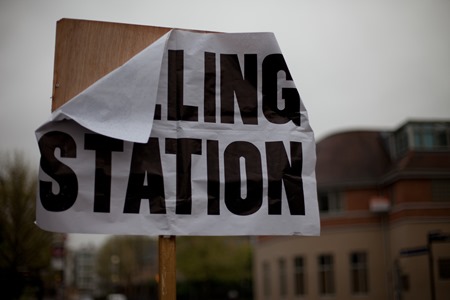In his speech to the Liberal Democrat conference today, Nick Clegg made a series of remarks, the gist of which being that we, as a nation, are better off with his party in government.
Maintaining, despite the prolonged criticism, that entering a coalition with the Conservatives was the best deal for the UK, Clegg argued that he saved the UK from a number of policies wished to be implemented by his parliamentary partners. Claiming that their presence in Government allowed them to valiantly protect us from the evil Tory policies of the ‘Snooper’s Charter, ID Cards and tax breaks for the rich, Clegg seems to be suffering from a bout of convenient amnesia.
The Deputy Prime Minister forgot to mention how the party had conceded on their own policies in Government – settling for a referendum on Alternative Vote rather than the Single transferrable vote and the hike in tuition fees – and helped vote through horrendous cuts that have caused detriment to thousands across the country.
What the Liberal Democrat leader also omits is the fact that if the Liberal Democrats had not entered coalition with the party, we would have been protected from all these policy measures anyway, the party would have been saved from ridicule, and people would have far more respect for the party for sticking to their principles.
The Deputy Prime Minister also seems to hold the view that it his party that is driving down the votes down for Labour and the Tories, meaning that the probability of a hung parliament in future General Elections is higher. Hence he argues that the Liberal Democrats are needed in Government to hold back the Tory from their detrimental cuts, and Labour from their excessive spending. But again, he misses the point that it is not satisfaction with the Liberal Democrats, but mass dissatisfaction with the status quo that is the three main parties. After all, his party has been overtaken by UKIP in successive polls for months now.
Clegg’s speech today shows the new-found pragmatism and realisation that he wants his party to hold. Knowing that his party has no chance of electoral success, Clegg is attempting to pull his party to a bargaining position, understanding that in the next instance of a hung parliament, the party needs to raise its credibility by negotiating exactly what the Liberal Democrats want to achieve if part of a coalition Government.
This is another ridiculous attempt by the party leader to reunite his party, distance himself from his coalition partners, and bring back support for his party by making promises that he'll curb the worst characteristics of the other parties. This ploy is completely transparent and it is not easy to be duped into this belief. The Liberal Democrats have made devastating mistakes under Nick Clegg's leadership and, much like the Tories and Labour, no amount of rhetoric will return the trust for the party has that been lost.


